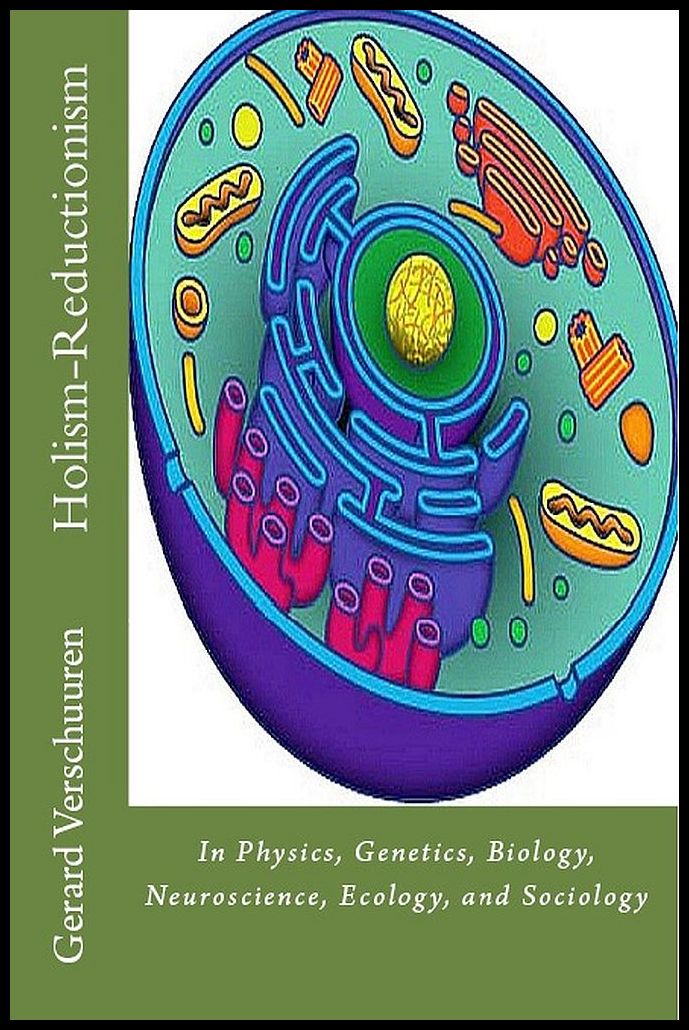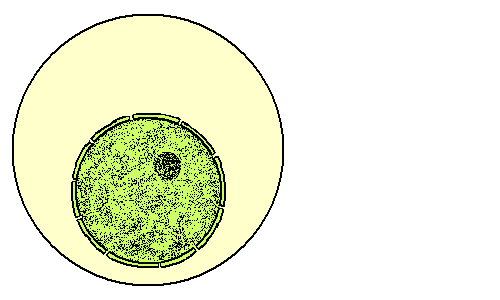Summary
This book is intended for those working in, or preparing for, research in any scientific field—ranging from the physical sciences to the life sciences to the behavioral sciences and the social sciences. It is certainly not meant for people specialized in areas dealing with the specific issue of reductionism and holism in a strict philosophical sense; they won’t learn much new from this book.
In this book, I try to keep a neutral position regarding the discussion about reduction, reductionism, and holism by showing the pros and cons of positions others have taken. I will just examine various viewpoints in the discussion, and then let the reader decide what they are worth. The reader may sense sometimes where I stand myself, but I hope to remain unbiased and stay clear of any one-sided viewpoints as much as humanly possible. But because the reductionist approach usually does not need extensive backing, it may look like I spend more time in this book on the holistic side of the discussion, but that is only because the latter approach is not as prevalent in scientific circles as the former one and may need more explanation.
|
Reviews

| "Gerard Verschuuren has provided a clear and useful introduction to one of the most powerful ideas in western civilization — reductionism. In addition, he explores the idea of holism and its relationship to reductionism. His thesis is that the two ideas are not contradictory but complementary. The book is highly recommended to both the novice and expert, whether a practicing scientist or a scholar of science studies."
— James Marcum, Professor of Philosophy
Director of Baylor's Medical Humanities program
Baylor University, Waco, TX
|

| "The controversy of reductionism versus holism as the most effective approach in scientific research is long and convoluted. Gerard Verschuuren has written an eminently clear and balanced presentation of this old controversy. Uniquely, and most useful for philosophers and practicing scientists, he intelligently explores the distinctive issues that arise in the various disciplines, from physics, genetics, and molecular biology to evolutionary biology, ecology, neurobiology and the social sciences. A very didactic introduction to the topic."
— Francisco J. Ayala, Former Professor of Biological Sciences
University of California, Irvine
|

| "This very accessible new book introduces researchers, across a range of sciences, to the interplay of reductive and holistic methods as well as to the intellectual underpinnings that they often reveal. This introduction, from start to finish, is first rate! As a scientist who loves science but rejects “scientism,” Verschuuren reminds us that scientific inquiry, in all its forms, depends on the core intelligibility of the world that scientists explore."
— James G. Hanink,
Emeritus Professor of Philosophy
Loyola Marymount University, Los Angeles, CA
|

|
|
|



IV. SOME TEST CASES 7. Physical Sciences 8. Molecular Biology 9. Population Genetics 10. Genome Genetics 11. Evolutionary Biology 12. Ecology 13. Neuroscience 14. Sociobiology 15. Social Sciences 16. Artificial Intelligence 17. Philosophy of Science V. INDEX



